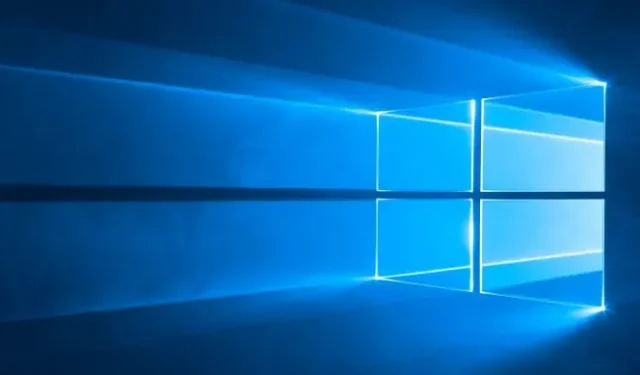How to create a Microsoft account without a password

Microsoft allows passwordless authentication to improve security and security. Here’s how to do it if you’re interested.
These passwords are always there to authenticate to our internet services, but they are not necessarily the best way to secure our accounts. This is because to make life easier, people tend to use passwords that are easy to remember and reuse the same password for multiple sites and services.
This means that if your password is compromised, a hacker could use that password to authenticate against multiple of your online accounts. For this reason, Microsoft is convinced that a passwordless future is the best solution. According to Vasu Jakkal, VP of Security, Compliance and Identity at Microsoft: “We have to create complex and unique passwords, remember them and change them often, but no one likes to do that. Weak passwords are the starting point for most attacks on corporate and personal accounts. There are at least 579 password attacks per second – that’s 18 billion a year.”
If you want to make your Microsoft account passwordless, here’s what you need to do.
Create a Microsoft account without a password
- Create a Microsoft account if you haven’t already.
- Download the Microsoft Authenticator app on your smartphone.
- Launch the app and link your current Microsoft account.
- Click on your account and then on Update Security Information.
- In the “Additional security”section, click “activate”for “Account without password”.
- Follow the instructions on the screen to complete the process.
Once this is done, instead of entering a password to authenticate with your Microsoft account, you can use the Microsoft Authenticator app. Alternatively, you can also use Windows Hello, a security key, or verification codes sent to your phone or email address as your authentication method.
Sometimes using a code via SMS or email can be slower and even frustrating than simply entering a password, but this procedure is more secure because these codes cannot be guessed or stolen unless someone else has access to your email or phone.
Leave a Reply